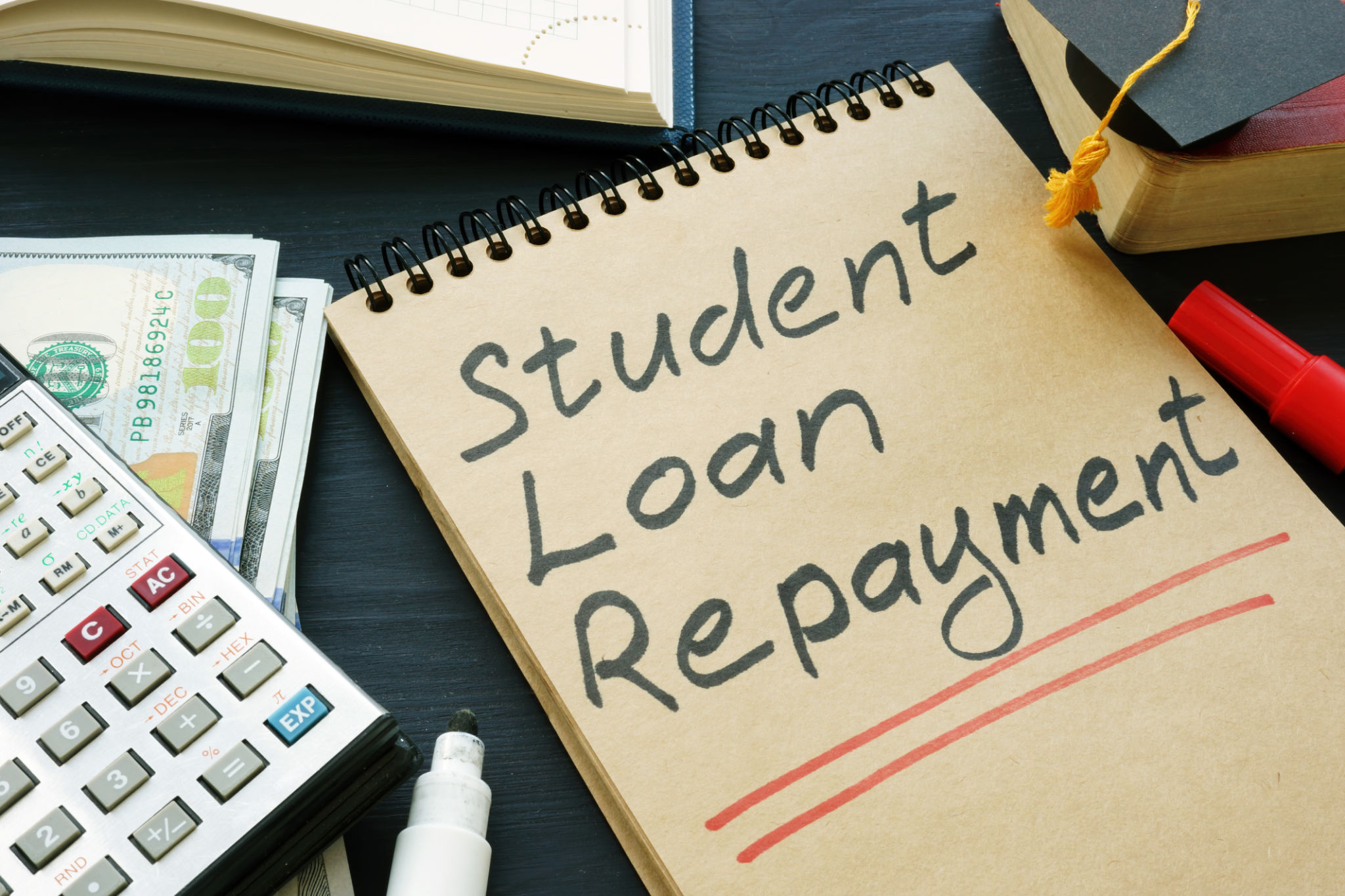Understanding the Impact of Tax Season on Your Student Loans
Introduction to Tax Season and Student Loans
As tax season approaches, many individuals begin to evaluate their financial standing, and for those with student loans, understanding the implications can be crucial. Navigating the intersection of taxes and student loans can help you make informed decisions that affect your financial future. In this post, we’ll explore how tax season impacts your student loans and what you can do to optimize your situation.

Tax Deductions and Student Loan Interest
One of the primary ways tax season influences student loans is through the potential for a student loan interest deduction. If you paid interest on a qualified student loan during the tax year, you might be eligible to deduct up to $2,500. This deduction can reduce your taxable income, potentially lowering your overall tax bill.
To qualify, your modified adjusted gross income must be below a certain threshold, and you must not be claimed as a dependent on someone else's tax return. It's important to review IRS guidelines or consult a tax professional to ensure eligibility.
Income-Driven Repayment Plans and Taxes
For borrowers on income-driven repayment (IDR) plans, tax season also brings considerations about how income is reported. These plans calculate monthly payments based on your income and family size, so accurate reporting is essential. Ensure that your tax return reflects any changes in your financial situation to maintain appropriate payment levels.

Additionally, be mindful that forgiven loan amounts under IDR plans after 20 or 25 years of repayment are considered taxable income. While this may seem far off, it's crucial to plan for this potential tax liability.
Tax Refunds and Student Loan Payments
Many taxpayers look forward to receiving a refund during tax season. If you find yourself with a refund, consider applying it toward your student loans. Making extra payments can reduce your principal balance and overall interest costs, helping you pay off your loans faster.
However, it’s wise to balance this with other financial priorities such as building an emergency fund or paying off high-interest debt. Evaluate your financial goals to make the most effective use of your refund.

Student Loan Forgiveness and Tax Implications
Programs like Public Service Loan Forgiveness (PSLF) offer the promise of loan forgiveness after a set period of qualifying payments and employment. While forgiven amounts under PSLF are not currently considered taxable income, policies can change, so staying informed is crucial.
For those pursuing forgiveness through non-PSLF avenues, understanding the potential tax implications is vital for long-term financial planning. It may be beneficial to consult with a financial advisor to prepare for any future tax liabilities.
Conclusion: Preparing for Tax Season
Understanding how tax season affects your student loans can empower you to make better financial decisions. Whether it's maximizing deductions, planning for the future, or strategically using a refund, knowledge is key. Stay informed about current tax laws and seek professional advice when needed to optimize your financial health.